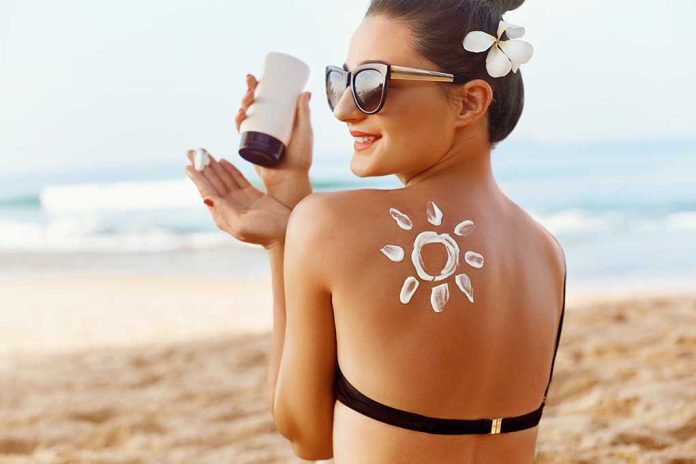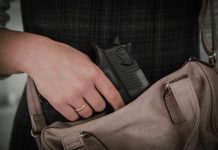
Johnson & Johnson recalls Neutrogena and Aveeno sunscreens due to benzene contamination, highlighting ongoing safety concerns.
At a Glance
- Johnson & Johnson issued a recall on July 14 for Neutrogena and Aveeno aerosol sunscreens due to benzene contamination.
- Benzene is a known carcinogen detectable in 78 sun-care products, according to Valisure.
- The source of benzene contamination is unclear; causes may include ethanol in aerosols and carbomers.
- An FDA internal report suggested serious health risks, but the report was not made public.
Johnson & Johnson Recalls Sunscreens Amid Safety Concerns
Johnson & Johnson issued a recall on July 14 for several Neutrogena and Aveeno aerosol sunscreens due to the presence of benzene, a carcinogenic substance. The recall affects products across all SPF ratings and includes Neutrogena Beach Defense, Cool Dry Sport, Invisible Daily Defense, Ultra Sheer, and Aveeno Protect + Refresh.
html=
Independent lab Valisure discovered benzene in 78 sun-care products, prompting Johnson & Johnson to conduct its own tests, which confirmed benzene in five product lines. Despite benzene not being an intentional ingredient, the source of the contamination is under investigation, with potential sources including ethanol used in aerosol sprays and thickening agents like carbomers.
Johnson & Johnson is recalling certain sunscreens after traces of the carcinogen benzene was detected in some of its products. https://t.co/LZW9vkNDhU
— FOX26Houston (@FOX26Houston) July 14, 2021
Health Risks Linked to Benzene Exposure
Benzene is a known carcinogen that can be absorbed through the skin, lungs, and digestive tract. Short-term exposure can result in dizziness and headaches, while long-term exposure can lead to severe health issues like cancer and blood disorders. FDA guidelines limit benzene levels in consumer products to 2 parts per million (ppm).
Johnson & Johnson argued that the detected benzene levels posed no significant health threat; however, an FDA internal report disagreed. The internal report, which was not made public, indicated serious adverse effects at the detected levels. Some independent tests found benzene levels 5 to 12 times above the FDA’s recommended limit.
Johnson & Johnson is recalling specific NEUTROGENA and AVEENO aerosol sunscreen products due to the presence of benzene. The FDA recommends that consumers do not continue to use products that are being recalled. See here for more: https://t.co/UQvn72g0vQ pic.twitter.com/B2b1dvCuJU
— U.S. FDA (@US_FDA) July 15, 2021
Calls for Stricter Safety Standards
The benzene contamination in Johnson & Johnson sunscreen products underscores the broader issue of hazardous substances in everyday consumer goods. Experts have criticized the FDA for not making their evaluation public and for allowing Johnson & Johnson to release potentially misleading statements.
Authorities continue to monitor benzene levels and require manufacturers to thoroughly test products. Meanwhile, consumers have been advised to stop using the recalled products immediately and report any adverse reactions to the FDA.
Ongoing Legal and Safety Challenges
Beyond sunscreen-related concerns, Johnson & Johnson is also facing significant legal actions related to its talc-based baby powder, with a proposed $8.9 billion settlement due to cancer claims. This situation reveals the critical need for stricter safety standards and more diligent oversight in the production of consumer goods.
Consumers continue to demand safer, toxin-free alternatives. The recent events involving Johnson & Johnson not only emphasize the necessity for more rigorous safety protocols but also highlight the need for greater transparency from both manufacturers and regulatory bodies.







